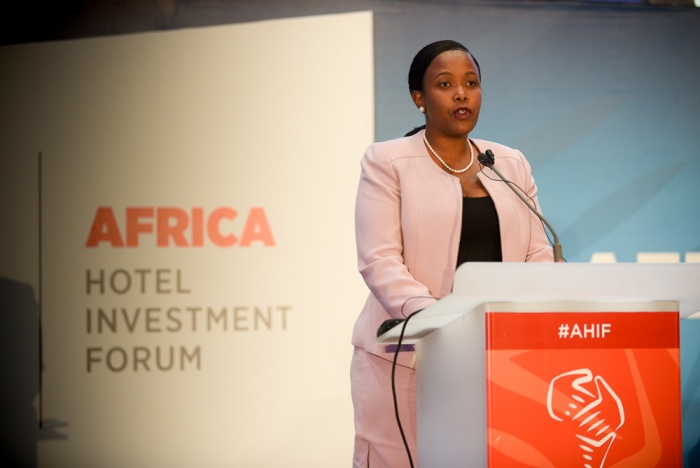
AHIF 2017: Sub-Saharan Africa offers new opportunities to investors
The hotel sector in sub-Saharan Africa has evolved during the past decade due to high demand growth, entrance of new global brands and increasing supply in major markets.
This is the overview presented by Xander Nijnens, executive vice president, Hotels & Hospitality Group, JLL sub-Saharan Africa, during AHIF 2017.
Nijnens said: “This evolution is resulting in increasingly experienced investors developing products that are better suited to address demand, which is providing a clear shift in focus to the domestically driven midscale and budget segments.”
The report confirms hotel operating performance in sub-Saharan Africa in 2016 and 2017 has been challenging.
There is little doubt that the long-term investment case is strong, yet the economic slowdown has impacted demand at a time when new supply growth has been strong in many markets.
ADVERTISEMENT
Nijnens said that while this may be the case, the region is incredibly diverse and opportunities in new markets and new segments are constantly presenting themselves.
Supply growth in the sector is continuing, ownership structures are evolving, liquidity is increasing, and many new prospects are becoming apparent in both alternative markets, secondary cities as well as product diversification.
Commenting on insight from the sector report, Tom Mundy, head of sub-Saharan Africa Research for JLL, said: “Sub-Sahara Africa economies are far from mature, but some are further down the road to maturity than others and as a region we are turning increasingly optimistic on the outlook for the next 12-18 months.
“While we acknowledge the lack of homogeneity across the region and that some countries will grow at a faster pace than others, we believe that the region has turned a corner after the recent commodity driven slump.
“Yes, some markets have suffered from fluctuating exchange rates and slumping inward investment, yet others have benefited from more balanced economies, less political intrigue and a lower reliance on commodity cycle than others.”
With saturation in key markets, investors are getting shrewder about understanding demand and developing product that best caters to this.
In this regard, JLL sees high growth in the budget and midscale space which has been overlooked whilst investors focused on the more prestigious segments.
Investment is driven by local entrepreneurs and diversified corporates, with foreign capital being deployed into the sector at a lesser rate.
These local investors price risk differently in their home markets than global investors and this is creating a gap in value expectations between these investor groups.
With an expected increase in liquidity, this gap should narrow.
Nijnens said the reality is that effective lending on hotel assets remains challenging in sub-Saharan Africa and this is reducing transactional liquidity and supply growth.

